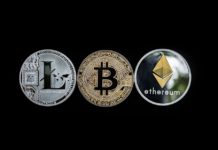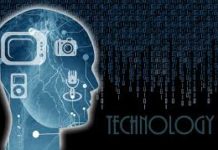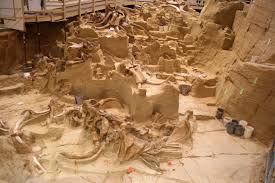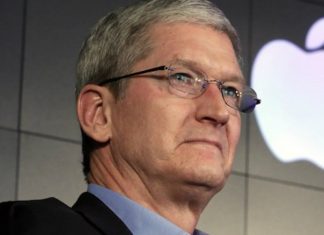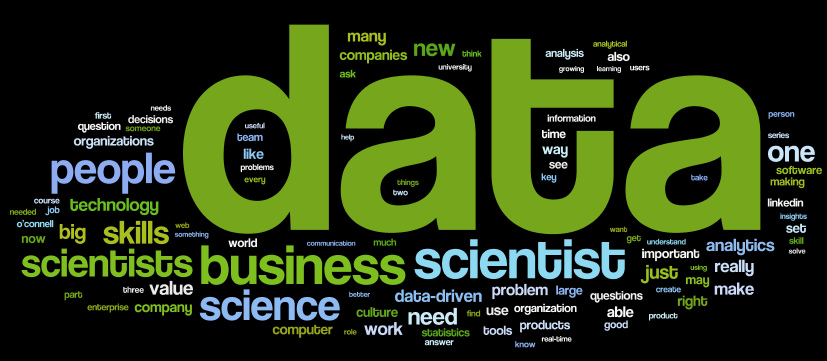 Insights gained from data scientists working hand in hand with expert consultants are becoming more commonplace, and this is helping consultants to sway decision makers at the types of large organizations — such as energy, technology or financial firms — that can command large enough resources to take advantage of this emerging trend in data science and expert consulting.
Insights gained from data scientists working hand in hand with expert consultants are becoming more commonplace, and this is helping consultants to sway decision makers at the types of large organizations — such as energy, technology or financial firms — that can command large enough resources to take advantage of this emerging trend in data science and expert consulting.
Consultants, also called experts, are being called upon more and more to help businesses in diverse industries to contain burgeoning costs and improve organizational efficiency. However, a constant complaint of consultants –- especially from internal experts –- is that their counsel and advice is often ignored. This type of inefficiency can cause a business to lose money and expend wasted effort on misguided or plain wrong ideas.
This recent trend is being called the expert consultant’s newest weapon in the long and drawn-out battle of wills between the expert and others in a firm who may be in a position of authority but have less expertise than a professional consultant.
This development is a remarkable case of informational power joining forces with expert power, two ideas first conceptualized by the pioneering social psychologists Bertram Raven and John French. Through their scholarly study of interpersonal power dynamics, they came up and refined these two ideas in the 1950s and ’60s.
Check out this link from TechRepublic for more information on this emerging trend.
While expert power has been understood to be effective up to a point, consultants have long experienced the failings of this form of persuasion. An example of one of the most commonly seen flaws of expert power is demonstrated when a recipient of expert advice has some degree of personal expertise or knowledge in the subject at hand. In such cases, a war of opinions can commence, with little progress at that point being possible.
It is because of this frequent kind of impasse that many forward-thinking organizations that are constantly seeking to optimize business practices and reduce costs are provisioning new human resources to work side-by-side with consultants. These resources are taking the shape of dedicated data science teams who are partnering up with experts to combine the power of information with the power of expert advice.
Data science is a relatively new job description born out of the by-now-commonplace realization that huge benefits are up for grabs when effectively utilizing the massive amount of data being produced worldwide on a daily basis. The primary challenge so far has been sifting the wheat from the chaff, so to speak, to gain valuable insights from this overload of data. Benefits from big-data include forecasting trends, anticipating and avoiding risks and issues, and much more effective marketing, among many other possible advantages.
Consultants need dedicated teams of data scientists because the field is famously difficult and complex. The range of disciplines involved speaks to this. Expertise in data warehousing, computer programming, AI, data visualization and business intelligence, among other skills, are needed.



